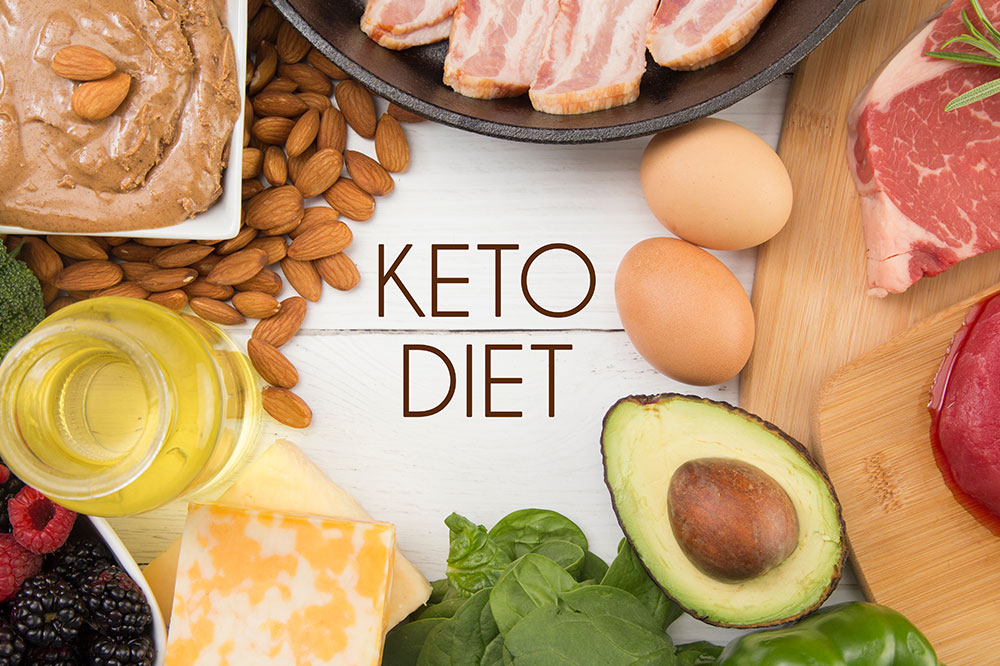6 beginner keto mistakes to avoid

Planning daily meals is a hands-on task, especially when cooking from scratch. But, this task is even more time-consuming when following a strict food regime like keto. Starting a keto-based habit for the first time is challenging as certain foods need to be omitted and substituted to achieve ketosis. So, here is a list of beginner mistakes to avoid to plan an effective keto meal plan strategy in the long run.
6 beginner keto mistakes to avoid
Not portioning meals properly
Since a lot of foods in the new regime get substituted, it is necessary to weight, measure, prep, and portion out everything to ensure nutrition levels are met. Also, once the body gets used to the process of ketosis, it becomes even more crucial to follow a strict calorie count. Nutritionists recommend prepping and storing most days meals in advance so that less time is lost in cooking. Keto meal delivery services tend to portion meals out as per individual requirement and can be of use in these cases.
Not working out
Simply including low-carb and low-calorie foods is not enough for loss of body mass. It is easy to quickly shed off water weight but post that, only physical activity can help the body burn existing fat quicker. Exercise also helps the body prepare for the transition to new sources of nutrition. You could lift weights, do yoga, light cardio, or indulge in your favorite sports that help burn calories and boost metabolic activity.
Carb mistakes while portioning
Carbs cannot be completely eliminated from daily foods as they are a major source of energy. Even while following a keto regime, nutritionists recommend at least 20 to 30 grams of good carbs every day. But be very careful with the foods included as some carbs may worsen the hunger pangs and cravings.
Overeating
Hunger pangs can make you want to overeat some of the allowed foods. But this habit could trigger problems when the body is adjusting to ketosis. It is a common mistake made by beginners since they think most of the foods are low-carb anyway, so it won’t make a difference. However, overeating foods that contain macronutrients, skipping vegetables and fruits, avoiding fat completely, and not including soluble fibers can have an adverse effect in the long run.
Not adding more vegetables
Nutritionists recommend including high-fiber, low-carb foods, at least half a plate of fresh veggies and fruits, and foods with plant-based fats.



